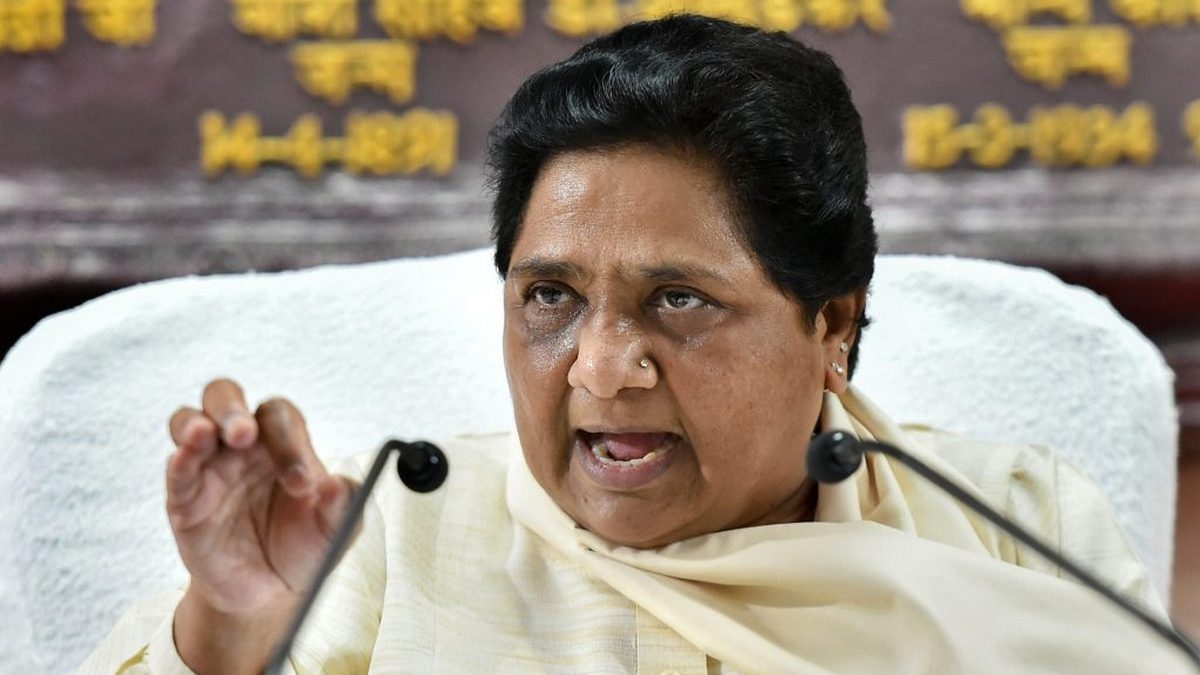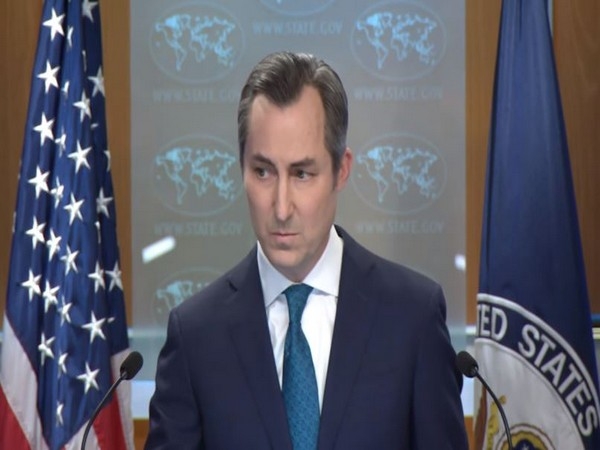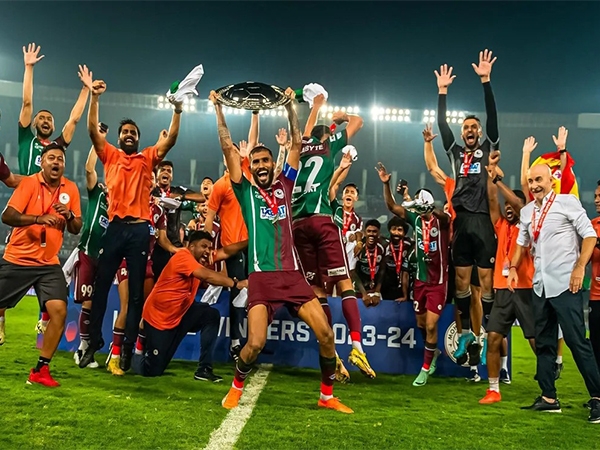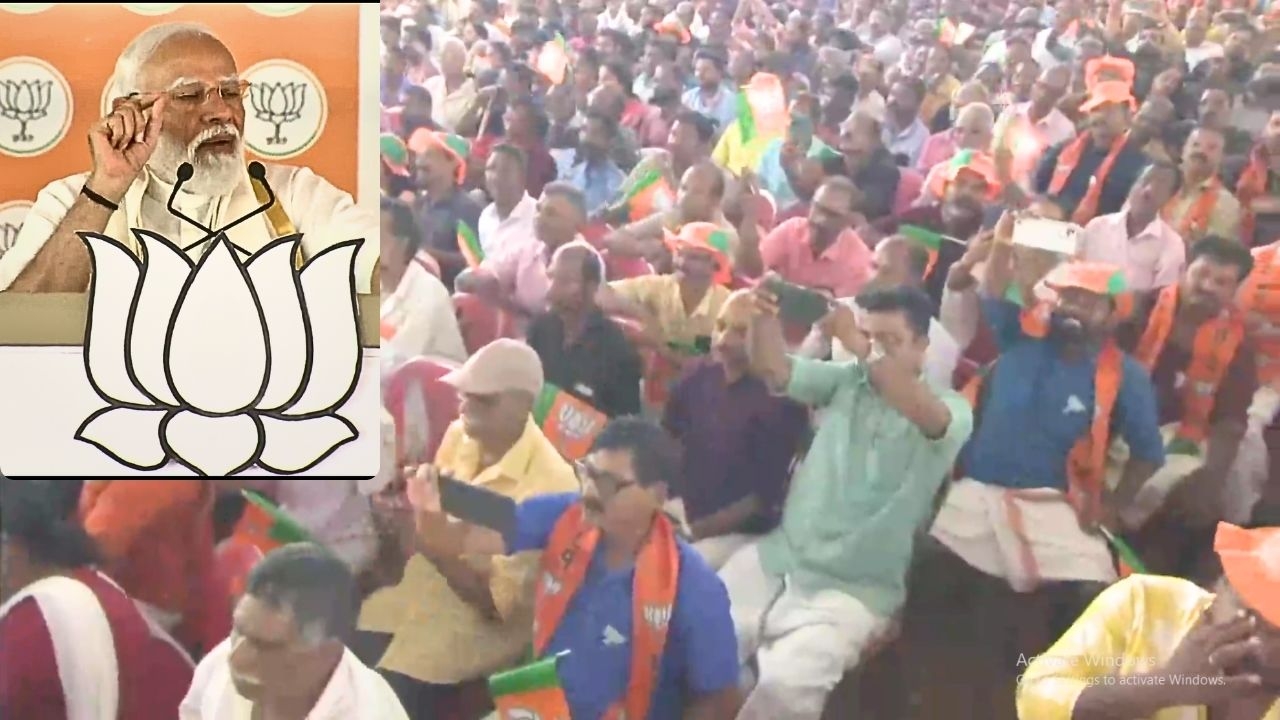The freedom to question, criticise & investigate make students responsible citizens: Sir Colin Lucas
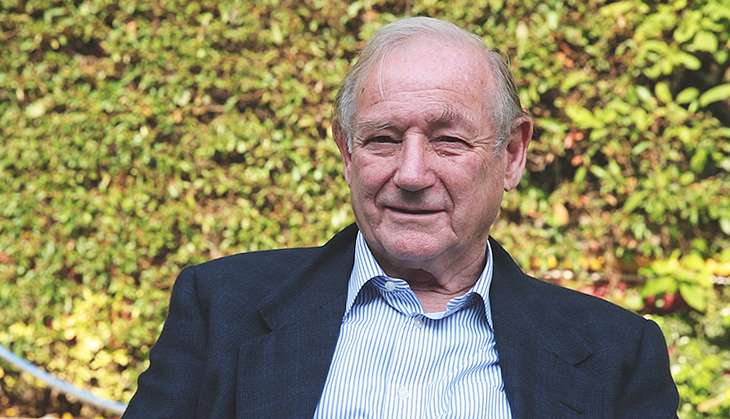
New Delhi had a special visitor this week. Sir Colin Lucas, the Vice-Chancellor Emeritus of the University of Oxford and former Vice Chancellor of Univeristy of Chicago, was on a short trip to India. He found the time for two quick lectures at the Jindal University and Ashoka University in the Capital where he spoke about the role of universities today and how they can meet modern day challenges.
Catch News caught up with him at the India International Centre. Lucas spoke to us about various issues including the public mission of universities, how professors should balance time between teaching and research, what Trump and Brexit will do to university spaces and how the ability to question, criticise and dissent is a democratic space that must be protected within universities.
Here are some excerpts -
In your lecture at Jindal University yesterday you said that with globalisation, the definition of happiness or a good quality of life began to be equated with economic success. And that economic success is all that students sought from a university education. What should the public mission of universities be?
Their job is to educate young people with skills that are appropriate, that serve their society with knowledge and tech them to appropriate that knowledge. But the core function is to create new knowledge by discovering and getting a better understanding of what we know, and to transmit that. Knowledge is a bit unstable until you discover a new factor that you haven't seen before. The real core job of universities is to define what secure knowledge is.
What makes knowledge secure in the present context? How do Indian universities compare in teaching secure and useful knowledge?
All universities have a tendency to change rather slowly. They have to adapt now to a new environment of digital learning and teaching. The classroom will become much less important. Teachers have to learn to mentor students rather than instruct them. One part of useful knowledge is its utility to society and the other part is the way you find knowledge, which helps you become a contributing citizen - to be able to test things that are said to you, to question and to be sceptical. Not to be an obstructionist or be destructive but to always ask - but is that really true?
Too often, people in ordinary businesses don't ask that. They just assume that what is being said is ok. Quite often, it isn't. As long as universities go on teaching students that and asserting the importance of knowledge we (universities) have got a good chance at keeping ourselves busy and creative.
Until some years ago, the Indian student was celebrated abroad. But Indian universities are being replaced by colleges of management, engineering and medicine who are churning out cookie-cutter graduates in hoards each year. Professors are on a hamster wheel when it comes to teaching metrics, with almost no scope for research and refreshing their own knowledge. How have the Indian students changed abroad? Does this new pressure on our education system show?
I think that Indian students, the ones that come to my university, come from a tradition of education in this Socratic sense of a learning system. Indian students are still full of curiosity and desire to get to the bottom of things. It's not true of some other countries where students are taught to believe what professors say and reproduce that instead of judging for themselves. I don't think Indian students are any less good as what they used to be. I think all students are less prepared than what they used to be.
The thing that resonates with me about what you said regarding professors not getting time to do research. That is both true and false. The thing that's happening is - all this emphasis on producing research and scoring high marks has accentuated the tension that exists between teaching obligations and research obligations. All the reward is now attached to research. Both the personal and institutional award. There's more of a tendency for professors to find teaching is an incumbrance and research a liberation. I'm saddened at the way people complain about it now. You always have to balance the two. I've never understood why teaching has to be so burdensome.
How do trump and Brexit affect university spaces abroad, especially for Indian students?
Trump and Brexit are going to make visas and costs a bigger deal. American universities have provided large financial packages. Trump says so many things we don't know what the real president is going to be like. The world is in a contradictory frame right now. On one hand, we're fusing and on one end we're dividing. It affects universities partly by the way in which national governments are trying to make these institutions perform tasks that are good for the nation whereas the whole business of knowledge creation is now irredeemably international. So there's tension within the agendas.
In your lecture you had mentioned that universities are being judged by how they can fulfil economic objectives in exchange for the tax payers' money. Indian universities have been on the receiving end of a government crackdown as a response to their criticism towards government policy and state leaders. Indian taxpayers have even questioned why their money is going to fund a public university like JNU that encourages "anti-national" students. How should the government and universities deal with student dissent?
Everything that goes on around us is an object of debate, discussion, investigation, confrontation. It's part of the search of the true balance of things. What does it mean? At the core of it, there has to be a free space for that. There has to be a few rules about how you do that debate. The true search for understanding can't be conducted by being loud, angry and offensive with each other.
Young people deal in indignation. It is proper for young people to be indignant about things. Student movements make mistakes. University leaderships make mistakes. Governments make mistakes. We don't live in a perfect world. On the whole, it's up to the leadership of a university to contain the debate within in order to protect the space for it. I think on the whole, governments shouldn't intervene like that. It's not a misuse of taxpayers' money for students to learn how to criticise and investigate how things happen in their society. It's part of becoming a responsible citizen. That is one of the things a tax payers' money is for.


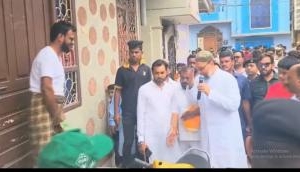
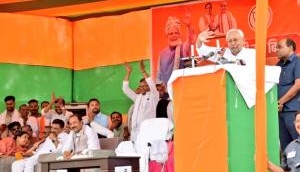
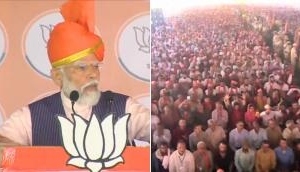
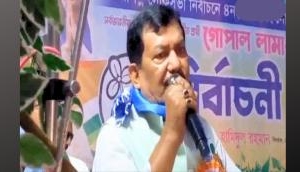
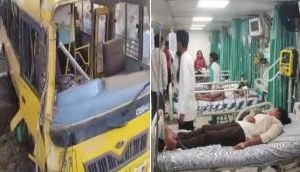
![BJP's Kapil Mishra recreates Shankar Mahadevan’s ‘Breathless’ song to highlight Delhi pollution [WATCH] BJP's Kapil Mishra recreates Shankar Mahadevan’s ‘Breathless’ song to highlight Delhi pollution [WATCH]](http://images.catchnews.com/upload/2022/11/03/kapil-mishra_240884_300x172.png)

![Anupam Kher shares pictures of his toned body on 67th birthday [MUST SEE] Anupam Kher shares pictures of his toned body on 67th birthday [MUST SEE]](http://images.catchnews.com/upload/2022/03/07/Anupam_kher_231145_300x172.jpg)



